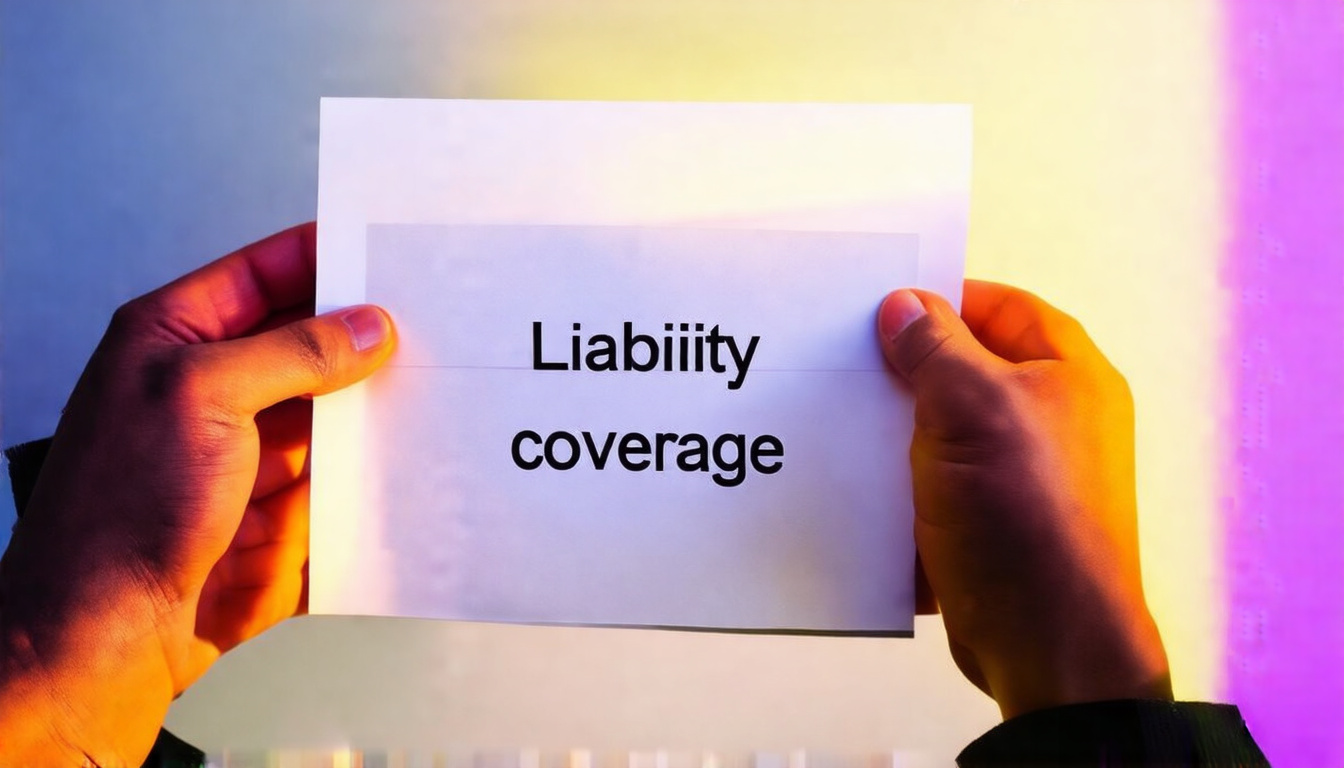When it comes to protecting your finances, know your liability insurance policy. You own a home, run a business, or work hard to safeguard assets. This policy covers claims for injuries and damage you may cause. Its details seem complex. Yet clear terms help you decide. You stay safe when policy words stay close.
In this article, we break down key facts of a liability insurance policy. We show what it covers and why it matters. We guide you through common cases where it helps. By the end, you understand its working and role in risk control.
What is a Liability Insurance Policy?
A liability insurance policy is a contract. You agree with the insurer to cover injury and damage claims. If you are held liable, your policy pays legal fees, medical bills, and awards. These costs have set limits. This coverage matters because legal bills can drain funds fast. Liability insurance comes in forms. Homeowners need it, professionals require it, and manufacturers use it.
Key Types of Liability Insurance Coverage
Each coverage type handles a specific risk. Their links run tight and clear:
-
General Liability Insurance
This insurance covers bodily injury, property damage, and personal injuries like slander. If a customer falls in your shop, the policy pays medical costs and legal fees. -
Professional Liability Insurance
Also called Errors and Omissions (E&O) insurance, it covers mistakes and negligence. It fits doctors, lawyers, and consultants. -
Product Liability Insurance
This insurance defends makers, wholesalers, and retailers. It pays claims if a product causes harm. -
Homeowners Liability Insurance
Most homeowners policies include liability coverage. It pays if someone is injured on your property or if you cause property damage. -
Auto Liability Insurance
Most states require auto liability. It covers body harm and property damage when you drive.
What Does a Liability Insurance Policy Cover?
A typical policy covers these areas:
-
Bodily Injury Liability:
It pays medical bills and lost wages for injuries that others suffer. -
Property Damage Liability:
It covers repair costs for damage you cause to someone else’s property. -
Legal Defense Costs:
It pays attorney fees and court costs. This holds true even if you are not at fault. -
Settlement and Judgment Costs:
It settles claims up to your policy limits.
Remember, certain costs stay uncovered. Intentional damage, employee injuries (which need workers’ compensation), or harm to your own property fall outside the policy.
Why You Need a Liability Insurance Policy
Accidents and lawsuits can strike anyone. A liability policy acts as a financial safety net. It stops huge out-of-pocket costs.
Benefits include:
-
Financial Protection:
It stops large legal bills and settlement payments. -
Peace of Mind:
You can focus on work or life without constant worry. -
Legal Requirement:
Many laws demand liability insurance for drivers and businesses. -
Enhanced Credibility:
Business clients trust you more when coverage stays in place.
How to Assess Your Liability Insurance Needs
Pick the right policy by checking your risks. Think about these points:
-
Nature of Your Activities:
High-risk work needs stronger coverage. -
Assets to Protect:
Bigger assets require higher limits. -
Legal Requirements:
State laws and industry rules set minimums. -
Potential Risks:
Count the possibility and cost of claims.
Steps to Purchase and Maintain a Liability Insurance Policy
Follow these steps to keep your coverage strong:
-
Evaluate Your Risks:
List your potential liabilities. -
Compare Providers:
Check limits, exclusions, and premiums with care. -
Ask About Limits:
Higher limits may cost more, so ask. -
Read the Fine Print:
Look for exclusions and details close at hand. -
Review Annually:
Update your policy when your risks change.
Common Misconceptions About Liability Insurance
Not all claims get the same talk. Many myths mislead policyholders:
-
“I don’t need liability insurance if I’m careful.”
Accidents occur despite care. -
“My homeowners policy covers everything.”
Some liabilities ask for extra policies. -
“My insurer pays unlimited amounts.”
Policy limits remain fixed and clear.
FAQ About Liability Insurance Policy
Q1: What is included in a standard liability insurance policy?
It covers bodily injury, property damage, legal defense, and settlements up to set limits.
Q2: How much liability insurance do I need?
The answer depends on your risks, assets, and legal rules. Many experts suggest at least $1 million in personal coverage. Businesses may need more.

Q3: Can a liability policy cover all legal claims?
No. It does not pay for intentional harm, crimes, or damage to your own property. Understand what your policy excludes.
Authoritative Source
For more details on coverage and legal points, consult the Insurance Information Institute. Visit their review on liability insurance at this link.
Conclusion: Take Control With the Right Liability Insurance Policy
Knowing your policy gives you peace and control. It protects your financial future. Accidents and lawsuits can come fast. With the right coverage, you face these risks with confidence. Check your risks, learn your coverage details, and confirm your limits.
Do not wait for an accident. Review your policy now or talk with an expert. Protect yourself today, so you embrace tomorrow with clear assurance.
Author: Doyle Weaver, Attorney at Law
Home | Estate Planning | Personal Injury | Hill Country Lawyer | Terms of Service | Privacy Policy
© 2025 Digital Law Firm, P.C.
Disclaimer: The content provided in this blog is for educational and informational purposes only. It is not intended to constitute legal advice or establish an attorney-client relationship. The information presented does not address individual circumstances and should not be relied upon as a substitute for professional legal counsel. Always consult a qualified attorney for advice regarding your specific legal situation. The author and publisher are not liable for any actions taken based on the content of this blog.

Leave a Reply